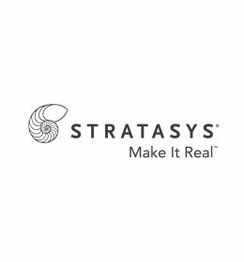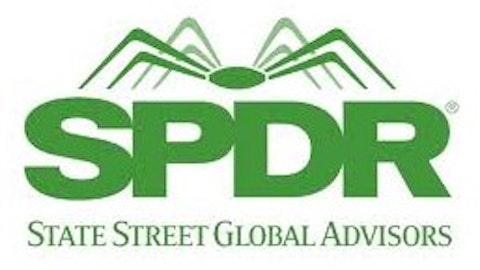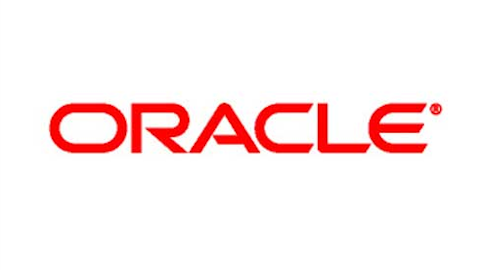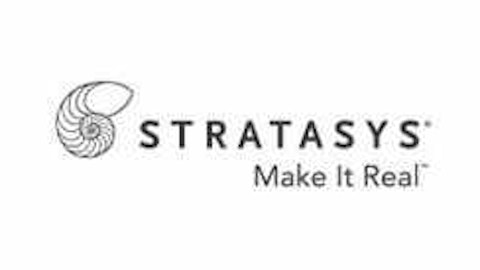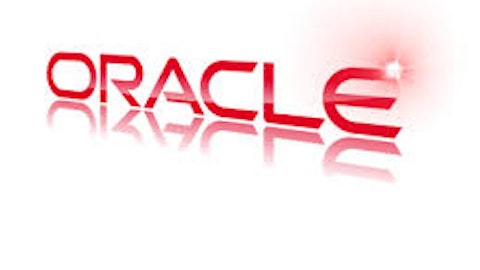The fast-growing world of 3D printing has received another shot in the arm with Stratasys, Ltd. (NASDAQ:SSYS)’s proposed acquisition of privately owned printer-maker MakerBot. The publicly traded firm has agreed to purchase MakerBot in a stock-for-stock deal that may presage similar transactions across the broader ecosystem. Although this transaction has not yet closed, it is not expected to face significant hurdles and should be finalized within the next few months.
Stratasys, Ltd. (NASDAQ:SSYS) is one of the largest public firms that operates in the 3D printing space. As such, its moves are closely followed by tech-watchers and 3D printing hobbyists. Given the quasi-experimental nature of the industry, conservative investors may wish to approach this name with caution and conduct further research before making an investment. For more aggressive traders and investors, this deal could provide significant short-term advantages and produce lasting synergies.
Stratasys and its Competition
Stratasys, Ltd. (NASDAQ:SSYS) makes a number of products that aid a variety of manufacturing businesses as well as hobbyist end-users. Despite the rapidly growing popularity of 3D printing, Stratasys, Ltd. (NASDAQ:SSYS) has few publicly traded competitors. Many firms that operate within the space, including MakerBot, remain in the start-up phase and have yet to make public offerings. Given Stratasys, Ltd. (NASDAQ:SSYS)’s robust size relative to these firms, it makes the most sense to compare it with more established technology firms like Oracle Corporation (NASDAQ:ORCL) and Cisco Systems, Inc. (NASDAQ:CSCO).
Stratasys, Ltd. (NASDAQ:SSYS) is considerably smaller than these competitors. It has a market capitalization of about $3 billion and posted 2012 revenues of about $268 million. By contrast, Cisco Systems, Inc. (NASDAQ:CSCO) has a market cap of roughly $129 billion and took in $48 billion in 2012. With a market cap of $141.5 billion and 2012 revenues of $37 billion, Oracle Corporation (NASDAQ:ORCL) is equally impressive. The two more established firms are also far more profitable than Stratasys: Compared to Oracle Corporation (NASDAQ:ORCL)’s 2012 earnings of nearly $11 billion and Cisco Systems, Inc. (NASDAQ:CSCO)’s final take of $9.6 billion, Stratasys’s slight loss of around $11.5 million is underwhelming. Of course, Stratasys, Ltd. (NASDAQ:SSYS) is a bit newer and less diversified than these other companies.
It also has a rather low price-to-book ratio of 2.03. However, its price-to-sales ratio sits near 12 and complements a forward P/E of nearly 32. By contrast, Oracle Corporation (NASDAQ:ORCL) has a higher price-to-book ratio of 3.13 and a lower P/E value of just under 10. Cisco Systems, Inc. (NASDAQ:CSCO) has a price-to-book of 2.3 and a P/E of about 11.5.
How the Deal Will Work
This transaction is structured as a two-part stock-for-stock merger. Stratasys has committed to providing MakerBot’s private shareholders about 4.75 million new Stratasys shares at an averaged-over-time price. At the company’s current stock price, this represents a payment of at least $400 million. If the merger is deemed to be successful, MakerBot’s existing shareholders stand to receive an additional 2.4 million shares over a yet-to-be-determined payment period. As such, the total value of this deal could exceed $600 million.
This transaction will require the creation of as many as 7.5 million new Stratasys shares and could dilute the company’s stock by nearly 20 percent. This is the primary reason for the “sudden” weakness in Stratasys’s shares. If the deal is successful, Stratasys’s stock price is likely to recover over time. Indeed, much of the dilution may already be priced into the firm’s shares.
Potential Complications and Other Issues
It seems likely that this deal will go through without a hitch. At the same time, it should be noted that Stratasys is paying a substantial premium for MakerBot. If unforeseen issues arise to scuttle this deal, Stratasys could be forced to take a substantial loss on it. Likewise, the success of this merger is dependent on the emergence of certain key synergies. If these fail to materialize, the deal could be labeled as a disappointment. Fortunately, the two-part structure should insulate Stratasys from a worst-case collapse.
Possible Synergies and Implications for Shareholders
Although Stratasys has experienced rapid organic growth and made a number of acquisitions to bolster its exposure to the business-to-business 3D printing market, it lacks a viable foothold in the rapidly growing consumer market. This acquisition should change this unfortunate arrangement in a big way. With the market for MakerBot’s desktop 3D printers expanding at a tremendous clip, Stratasys is entering the field at a perfect time. Although it is difficult to estimate the precise value of the synergies that this deal will create, Stratasys has indicated that the acquisition will be “immediately accretive.” The company’s shares could benefit as a result.
Long-Term Growth and Ways to Play
It appears that the consumer market for 3D printing is more than a fad. If this is the case, Stratasys is positioned to capitalize on exploding demand for 3D printing devices. Although the MakerBot deal appears to be expensive at the moment, it could turn out to be the steal of the decade.
On the other hand, Stratasys and MakerBot are young companies that have much more to prove. Conservative investors may wish to remain on the sidelines or conduct thorough research to determine whether this deal is worth their time. Those who wish to play this merger may do so through a long position in Stratasys. There are many other enticing merger arb opportunities in the market right now though. In the coming weeks, further weakness in the company’s stock could provide a one-time opportunity to accumulate its shares at a discount.
The article Why This Company’s Move Strengthens Its 3D Printing Operation originally appeared on Fool.com is written by Mike Thiessen.
Mike Thiessen has no position in any stocks mentioned. The Motley Fool recommends Cisco Systems (NASDAQ:CSCO) and Stratasys. The Motley Fool owns shares of Oracle. and Stratasys. Mike is a member of The Motley Fool Blog Network — entries represent the personal opinion of the blogger and are not formally edited.
Copyright © 1995 – 2013 The Motley Fool, LLC. All rights reserved. The Motley Fool has a disclosure policy.
